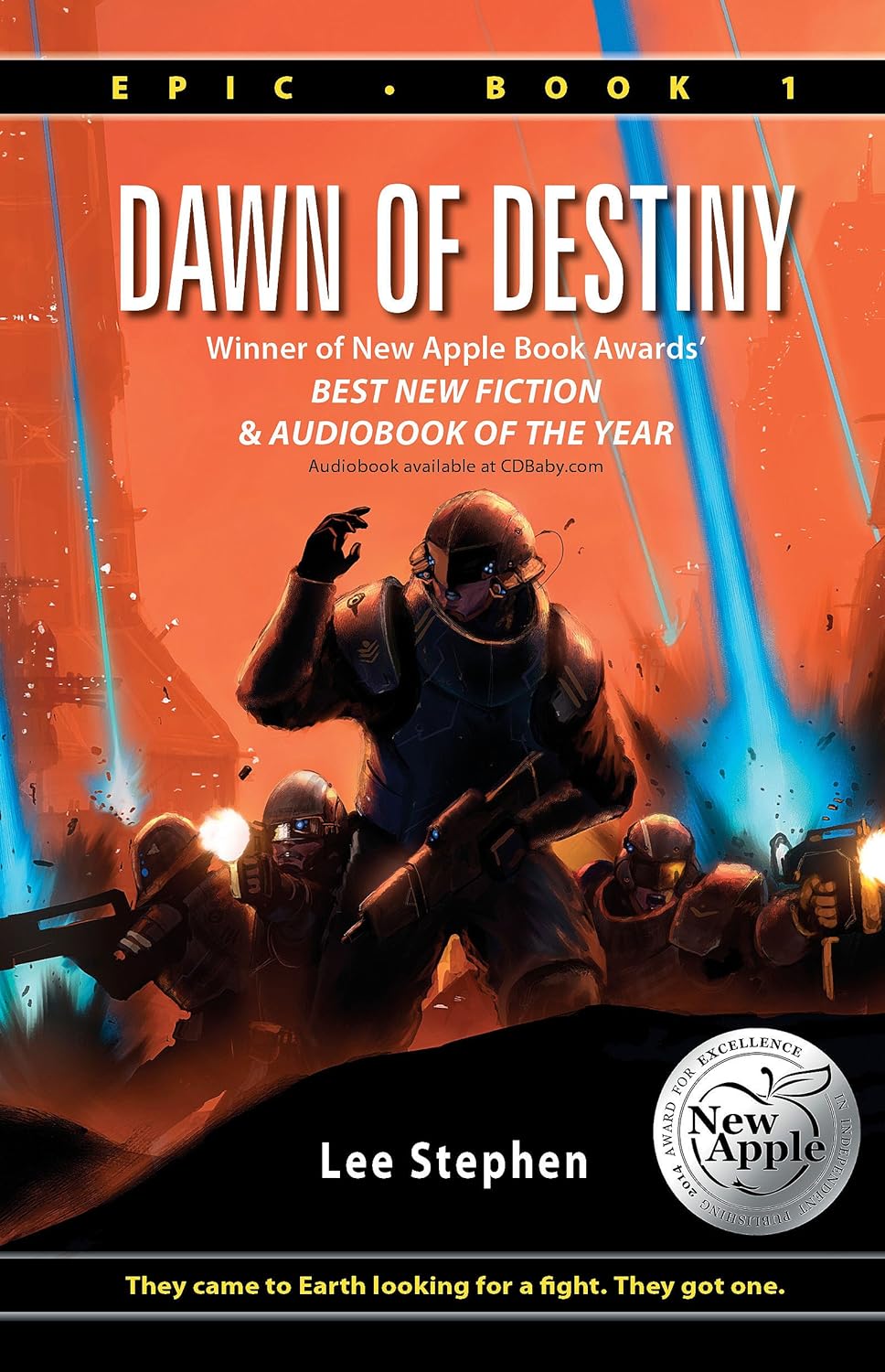
Author Lee Stephen dedicates this first entry of a science
fiction series to God, although there aren’t many religious overtones that
certainly won’t drive away those sensitive about theological issues. Unique in
this novel is that the writer refers to the prologue as “Chapter Zero,” which
opens in Cleveland, Ohio, USA, where Colonel Brent Lilan, commander of the
Falcon Platoon, is dispatched to repel an attack by aliens known as the Bakma.
Lilan is supposedly quintessential in his occupation and works for the Earth
Defense Network (EDEN). The time is undoubtedly the future, with the year being
the eleventh of the New Era (NE), although how many years anno domini is never explicitly
stated in the text, the years before referred to as the Old Era, with little reference
to events before then.
The first official part and section of the novel begin in
Richmond, Virginia, where Scott Remington is stationed, missing his fiancée Nicole
and being a man of faith (though his religion plays minimal role in the story).
The text ultimately reveals that three enemy alien species appeared almost
simultaneously to attack Earth: the grotesque Bakma, the reptilian Ceratopians,
and the gray Ithini, who began the conflict present in the story known as the
Alien War, these races having their own beasts of burden. Much of the novel
involves martial banter among various commanding officers and soldiers, with an
imminent World Peace Celebration (WPC), marking mankind’s transition from the
Old to New Era, though the aliens aren’t interested in peaceful resolution.
Occasionally the book features maps of cities and facilities
where its various battles occur, always a welcome addition, although this
reader couldn’t quite put the names of various soldiers to faces and
occasionally missed critical portions that resulted in occasional confusion.
After the main text is a preview of the Epic franchise’s first sequel, Outlaw
Trigger, which introduces the characters Alexander Nijinsky and Yuri Dostoevsky
in more military banter. Despite its flaws, this is an enjoyable science
fiction novel enthusiasts of the genre will likely enjoy, and this reviewer
very much looks forward to reading its successor.
No comments:
Post a Comment